

2017-01-11 11:38:00 Wed ET
technology social safety nets education infrastructure health insurance health care medical care medication vaccine social security pension deposit insurance
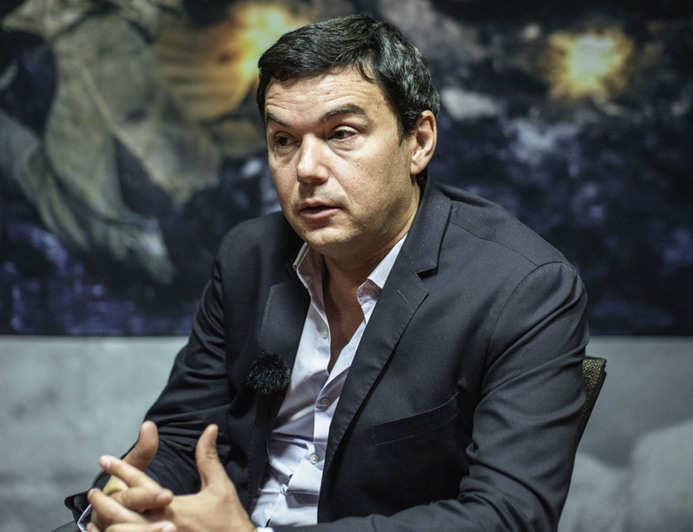
Thomas Piketty's recent new book *Capital in the Twenty-First Century* frames income and wealth inequality now as a global economic phenomenon.
When capital wealth grows faster than macroeconomic output (r>g), economic inequality arises as a natural result ceteris paribus.
The Top 1% richest investors own more than 25% of total wealth in America with abundant cash dividends, share repurchases, and capital gains, while at the same time the Top 10% richest investors own more than half of total wealth in America.
While income and wealth redistribution causes inadvertent distortions, Piketty proposes global wealth taxation as a policy antidote to the inequality dilemma.
The major lesson highlights the increasingly important focus on passive income that the typical stock market investor accumulates in the form of both dividend yields and capital gains.
If any of our AYA Analytica financial health memos (FHM), blog posts, ebooks, newsletters, and notifications etc, or any other form of online content curation, involves potential copyright concerns, please feel free to contact us at service@ayafintech.network so that we can remove relevant content in response to any such request within a reasonable time frame.
2020-02-26 09:30:00 Wednesday ET
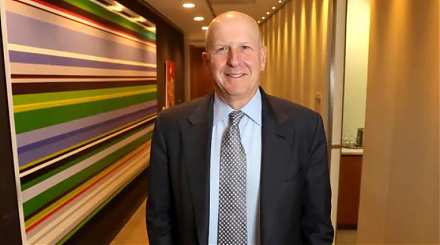
Goldman Sachs follows the timeless business principles and best practices in financial market design and investment management. William Cohan (2011) M
2023-08-31 10:22:00 Thursday ET
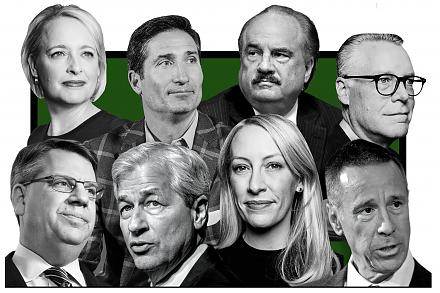
Government intervention remains a major influence over global trade, finance, and technology. Nowadays, many governments tend to eschew common ownership
2019-02-28 12:39:00 Thursday ET
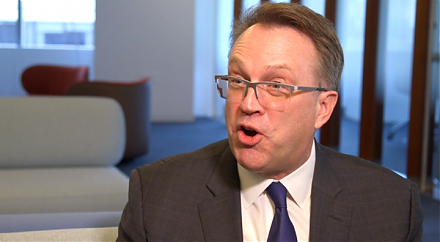
New York Fed CEO John Williams sees no need to raise the interest rate unless economic growth or inflation rises to a high gear. After raising the interest
2019-08-16 17:37:00 Friday ET
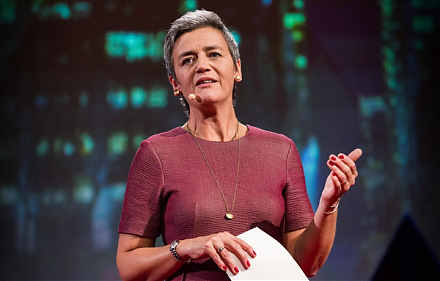
Amazon faces E.U. antitrust scrutiny over the current e-commerce use of merchant data. The European Commission probes into whether Amazon uses key third-par
2017-11-03 06:41:00 Friday ET
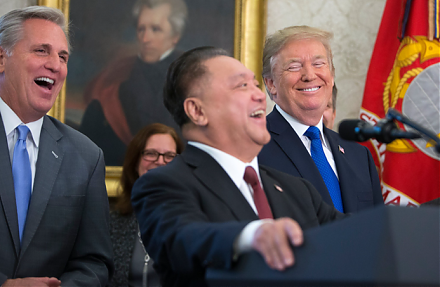
Broadcom, a one-time division of Hewlett-Packard and now a semiconductor maker whose chips help power iPhone X, has announced its strategic plans to move it
2019-11-03 12:30:00 Sunday ET
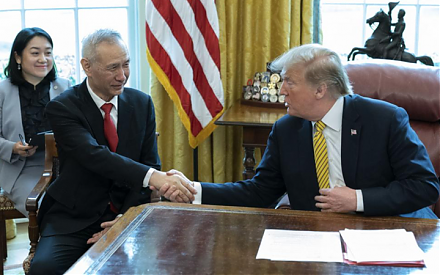
Chinese trade delegation offers to boost purchases of U.S. agricultural products to reach an interim trade deal with the Trump administration. Chinese Vice